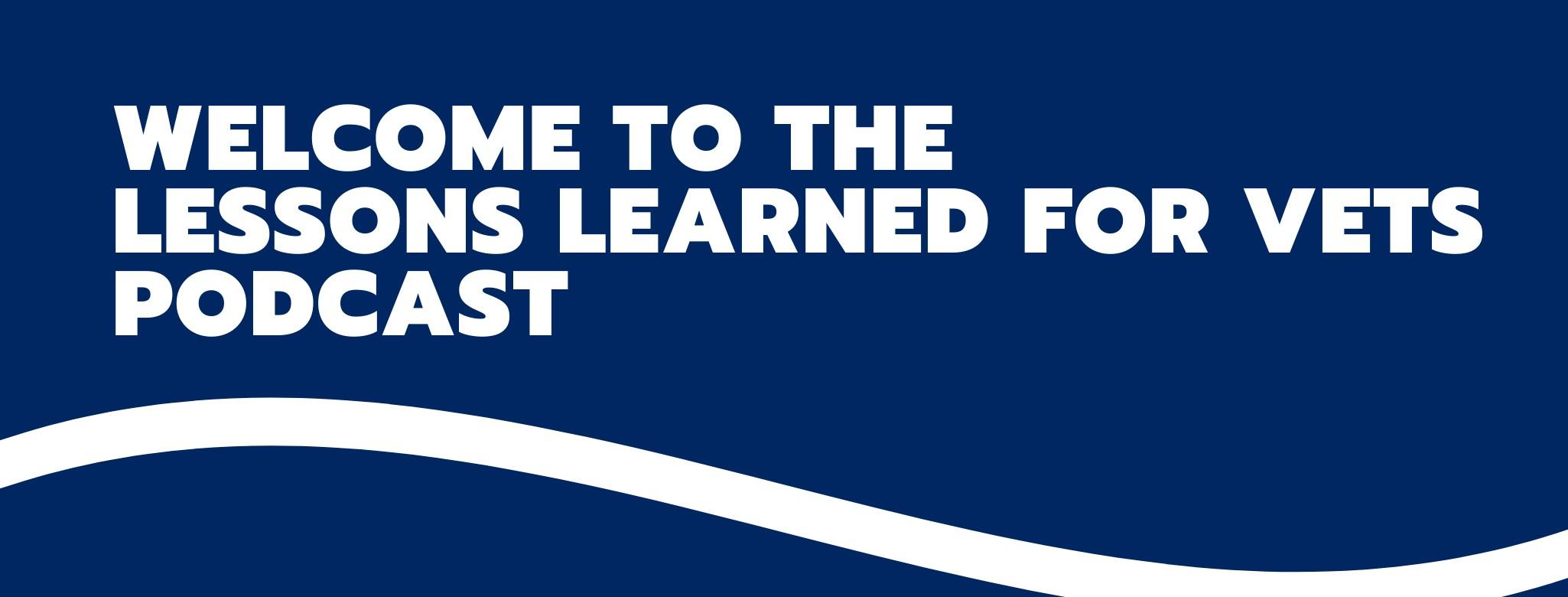
-
-
Episode #16: Deploying to the U.S. and Learning to Speak Civilian with Herb Thompson, Part 1
From humble beginnings, Herb Thompson achieved all the goals he set for himself including becoming a Green Beret, serving as a Drill Sergeant and completing his Bachelor’s degree. After retiring in March 2019, he became a management consultant for a top-tier firm, pursued his executive MBA candidate at Cornell University and authored The Transition Mission. Herb shares so many tools for transition success that his conversation with Lori will be released over two weeks! Listen for the first part of preparing for your transition…
Lessons Learned:
- Plan for the transition as if you were deploying to the US.
- Set yourself up for success by:
- Financial planning that could include retirement, savings and a disability check
- If you can afford it, taking a few months off to decompress.
- Reconnect with your loved ones.
- Consider the future and set new goals.
- The earlier you start to plan for the transition, the better it will go. Almost everyone underestimates the level of effort required for the new job, the family adjustments and the loss of identity.
- In the military, you are institutionalized. Separate your identity from your military career.
- Figure out your post-military “why.”
- Determine what you like, not what someone else told you to like.
- Consider what you want to be remembered for.
- Realize that what you may find interesting right now could change in a couple of years, and that’s okay.
- We talk about the highlights of Herb’s 9 Transition Rules for Success and 12 Transition Truths such as:
- Stay positive.
- You’re probably going to experience rejection in your job interviews or school applications.
- When you are rejected, it’s not personal. You weren’t right for “it” and “it” wasn’t right for you.
- Stay positive.
- After the military, it’s “me,” not “we.” This is a big change from military culture.
- Stating facts, such as what you did and do well, is not bragging. This is what you bring to the table for a new employer.
- Herb offers valuable insight into translating military skills:
- Relate what you’ve done in the military to what you can do in the private sector.
- Talk to a lot of people.
- Focus on skills you might consider less-exciting, such as time management, project management, cross-functional leadership and cross-cultural communication. Those skills are valuable to corporate employers.
- Determine the language of where you’re going. A management consultant’s resume would include terms like: clients, customer service, percentages, process improvement, KPIs (key performance indicators) and stakeholders.
- Understand this language so you can incorporate it into your resume and more importantly, in an interview.
- Herb compared the skills of a drill sergeant to those of a training manager or training developer and included numbers:
- # of hours saved, # of tasks done, $$$ saved, etc.
- Speak civilian effectively by talking to civilians. Ask questions. If you don’t understand what someone just said, then ask the person to explain it.
- Everyone has advice, but not all of it will apply to you. Discern:
- What can you learn from this advice?
- Everyone has internal biases, so prepare for what you can control.
- You can find The Transition Mission here:
- Connect with Herb on LinkedIn at: https://www.linkedin.com/in/herb-thompson-sf2biz/
Find the book on Amazon at: https://www.amazon.com/Transition-Mission-approach-transition-military/dp/1734301503/ref=sr_1_1?dchild=1&keywords=the+transition+mission&qid=1611672454&s=apparel&sr=1-1-catcorr
-
Are You Struggling to Write Your Resume?
I created the Veteran Resume Self-inspection Checklist to lessen the resume writing struggle for veterans. This 11-item checklist will educate you in resume best practices while giving veterans a guide to assess their resume and determine if it's ready to send to employers.
Download Your Checklist Here




